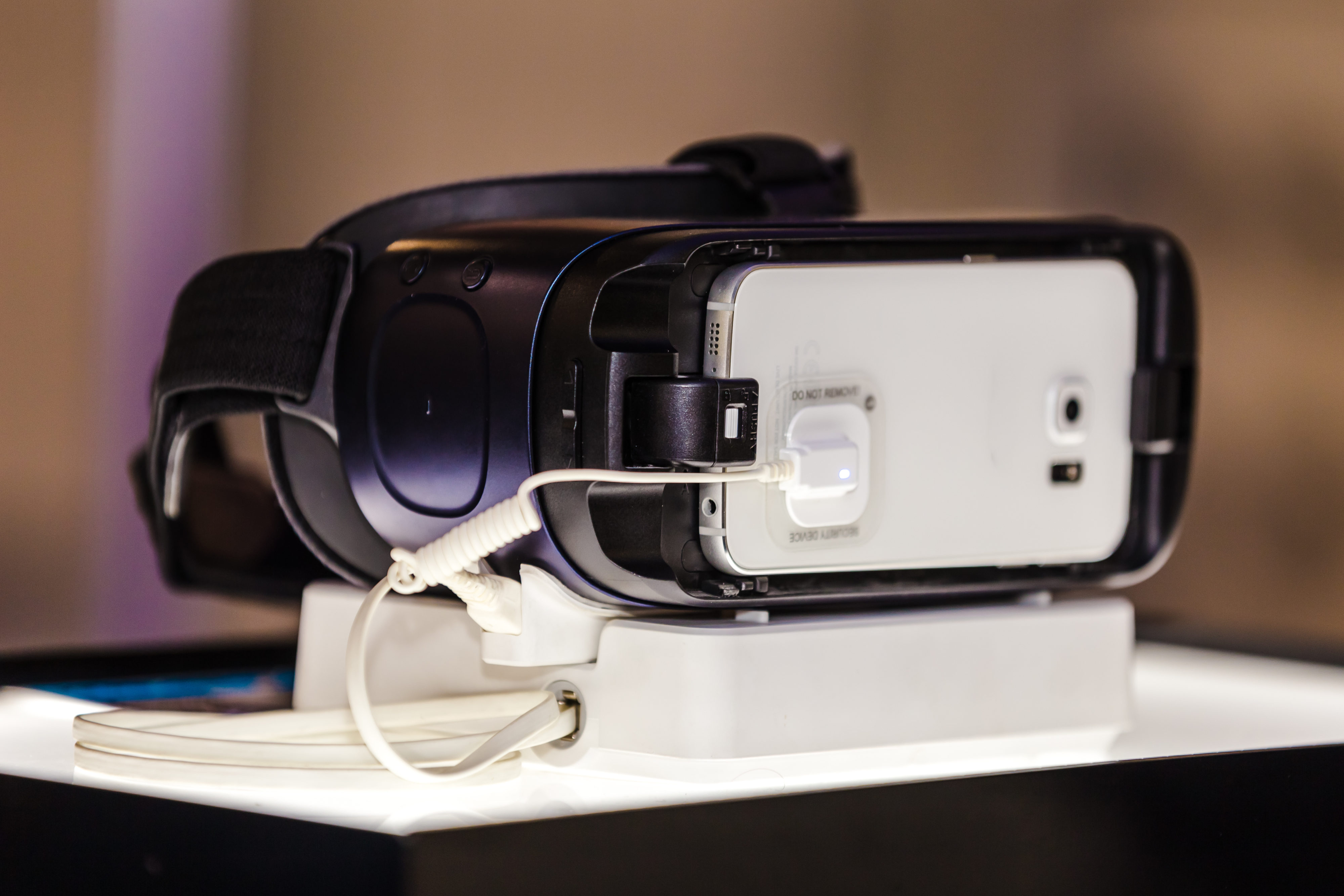For the first time in its 14-year history, the Mobile World Congress was cancelled. On the official event website, it states that “the GSMA has cancelled MWC Barcelona 2020 because the global concern regarding the coronavirus outbreak, travel concern and other circumstances, make it impossible for the GSMA to hold the event.”
It’s unfortunate, as MWC has become a highly anticipated event for companies in the mobile space – and, in the age of digital transformation, that includes just about every company. This year’s topics included AI and 5G, of course, as well as customer engagement, “Industry X,” our planet, and others. So, what did we miss?
To be sure, there would have been broad discussion on 5G, which is currently available in several US markets, and is rolling out across much of the globe this year. 5G, as we know, will deliver not just faster mobile networks, but better and more powerful tech enablement, making IoT, driverless cars and other “hyped” technology like VR and AR more accessible. At MWC, we would have undoubtedly heard more about how 5G will be driving the next stages of digital transformation across industries. As customers become more reliant on their smart phones and other devices, 5G will empower businesses to create better, more robust experiences on mobile.
The Launches
Of course, in concert with the discussion of 5G networks, there would have been a slew of 5G-ready devices unveiled at the conference. A Huawei foldable and a closer look at the Samsung Galaxy S20 series were anticipated. Omdia’s Wayne Lam also predicted that “Sony were going to make a splash in an attempt to overturn its mobile woes, TCL were offering another affordable device, HCL were once again poised to lean on the nostalgia associated with the Nokia brand, Xiaomi were going to push their promising position again, while Realme were also posturing towards making a surprise move into the 5G market.” Launches from Oppo, LG, Honor, and Motorola, among others, were also missed at the event that didn’t happen. Fortunately, all those devices will still be released – just with a little less excitement and fanfare.
The New Ideas
In terms of marketing, the Congress had an entire topic channel focused on Customer Engagement. Based on the short video sessions posted on the MWC website, this stream included a focus on the data that powers AI and how it should be used to deliver better customer experiences. This is a frequent topic at marketing conferences these days and honestly, one we see fairly regularly in our inboxes and newsfeeds.
More novel is the topic of the Internet of Senses. In a short video from Ericsson, viewers are introduced to the next level of mobile customer experience. As reported to Tech Republic, “Internet of Things (IoT) devices will morph into Internet of Senses technology by 2030, bringing technological applications to human sight, smell, taste, touch, and hearing. Augmented reality (AR) and virtual reality (VR), specifically, will allow humans to experience the world in a new way.”
Fueled by 5G, the Internet of Senses will create the immersive experiences consumers will come to expect in the decade ahead. Ericsson shows off sleeker, lighter AR glasses that look a lot more “Max Headroom” than Google Glass – and are much more wearable than VR headsets like those from Oculus. To accompany the glasses, a wearable 360-degree camera was also introduced.
With these tools, Ericsson predicts we’ll be ushering a new user interface that will encompass all our senses. In consumer interviews, the technology company learned that 60 percent of shoppers believe the Internet of Senses will make society more environmentally sustainable. Another 45 percent would like to see a full-sense digital shopping mall.
Mobile Everywhere
One important theme to reflect on is this: just as digital marketing has become an inextricable element of all marketing, so too has mobile. It’s a critical part of our everyday lives, and as digital transformation continues across industries, mobile devices and data will continue to play an integral role. The data generated in our mobile lives is one of the most important tools in both digital transformation and marketing because it truly represents how we live. All of this mobile innovation would be meaningless without the real-world data that fuels it.
Hopefully, we’ll see another Mobile World Congress in Barcelona next year. We look forward to more innovations in the years ahead as mobile continues to connect people to brands, industries and their communities across the globe.
